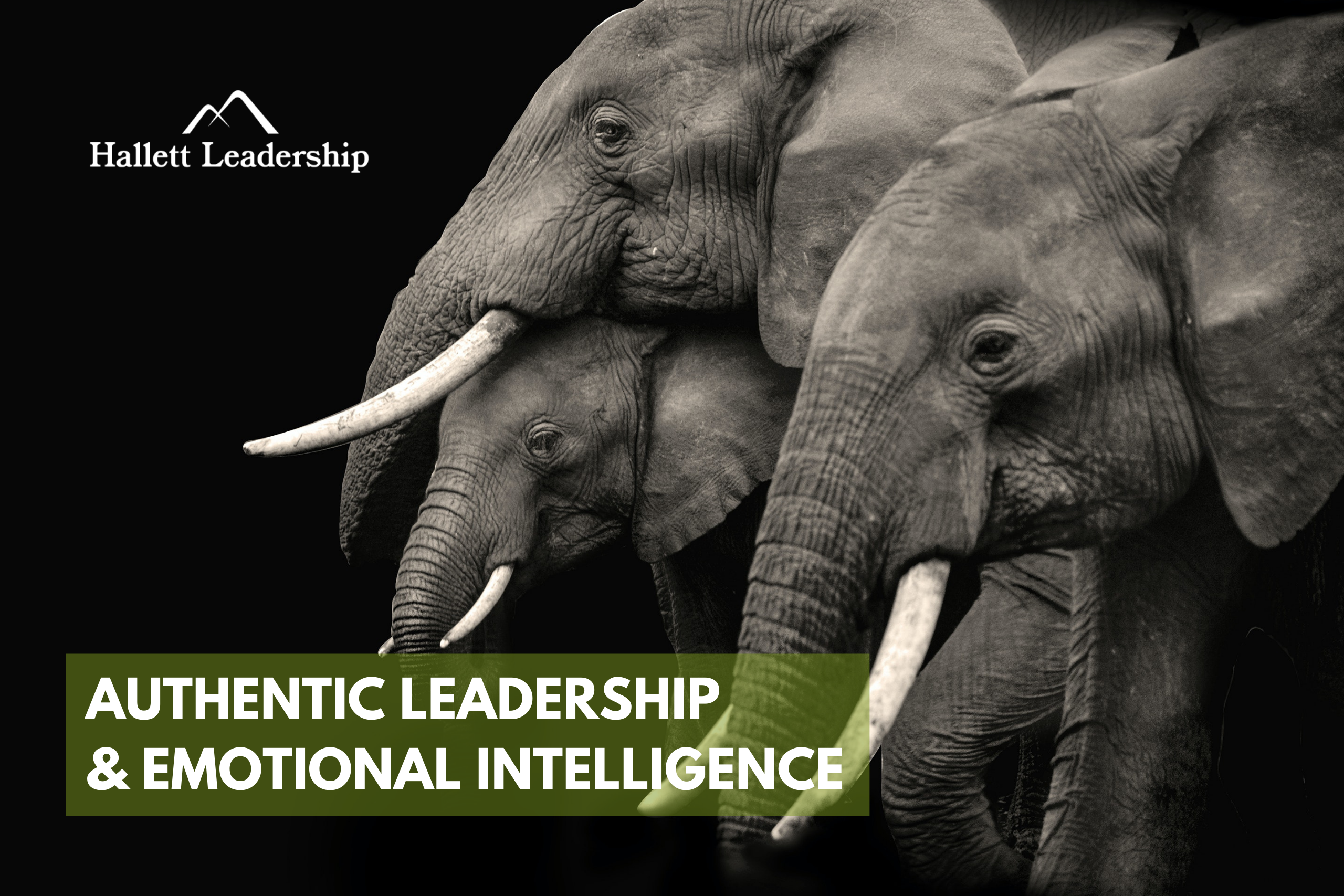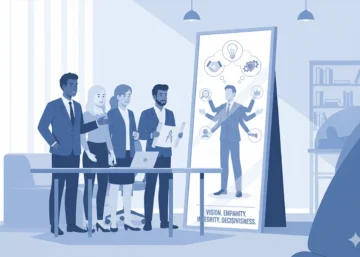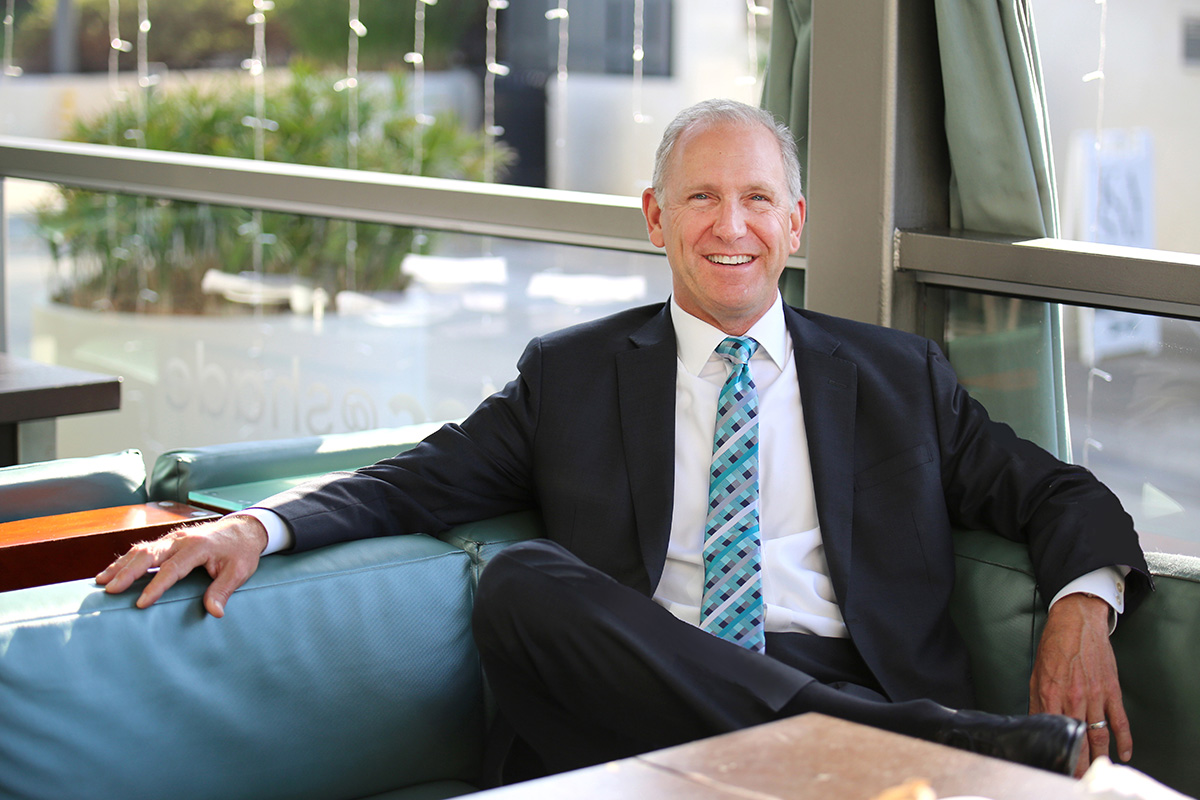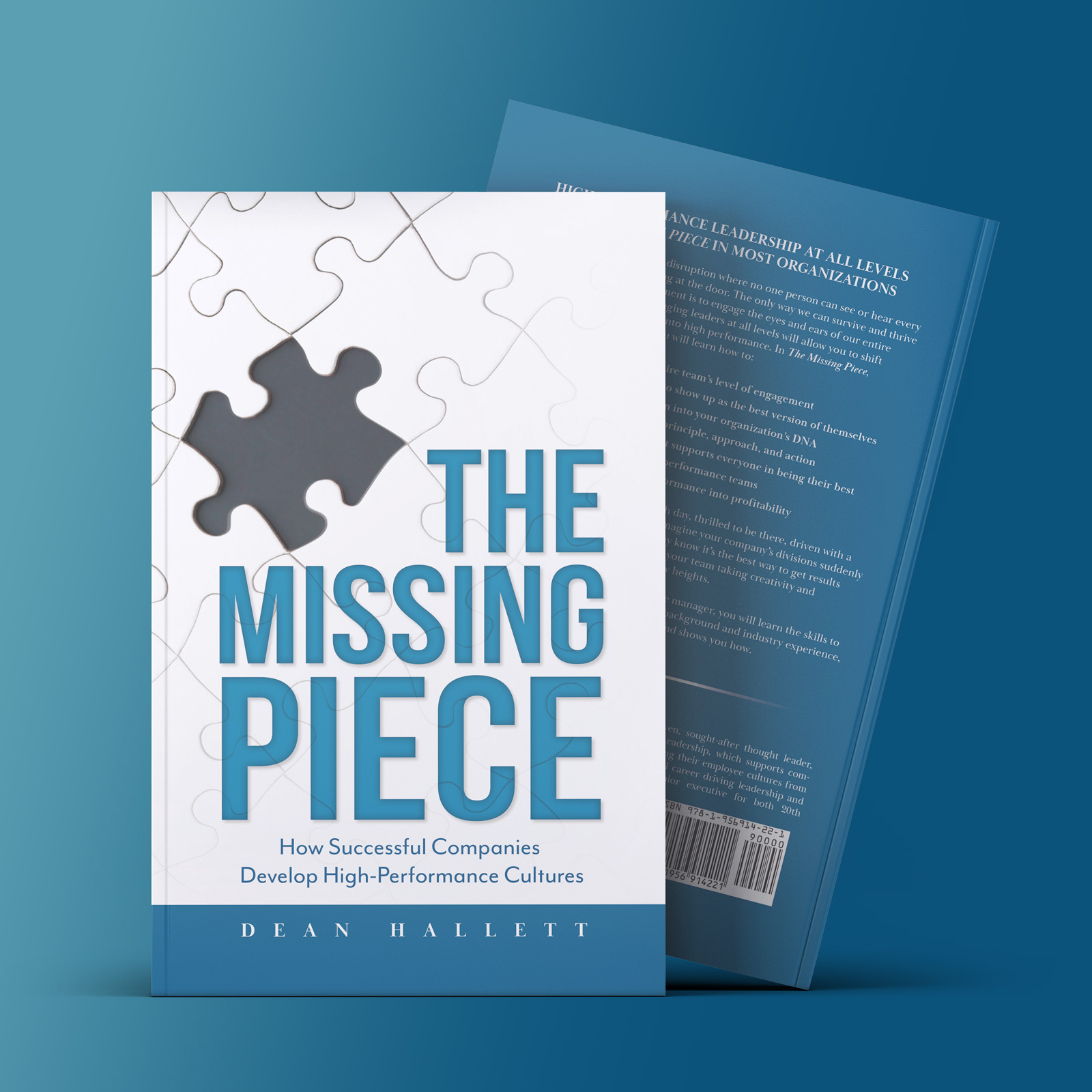Authentic leadership and emotional intelligence are closely tied to each other. We can illustrate this by looking at some of the things that an authentic leader may be called to do.
These are things like showing up in service to their company and team members, bringing everyone’s voices to the table, forging new relationships, and releasing the full capacity of the organizational workforce.
In each of these cases, a leader relies primarily on highly-developed emotional intelligence. Why? Because the impact of the leader’s every interaction, decision, and initiative will depend greatly on how they engage the people around them.
Let’s explore the connection between authentic leadership and emotional intelligence in more detail…
Emotional Intelligence As State of Being
In business and personal development literature, emotional intelligence (EQ) has been held up as a “hack” or “professional asset” or “game-changing competency” for someone to have.
Some even define it as “the ability to regulate one’s own nervous system and the nervous systems of others.”
This sounds more like a superhuman skill from the Marvel Cinematic Universe, than an ability to engage the people around us.
While emotional intelligence certainly is an extremely valuable asset to any person, thinking of it in terms of power, personal gain, or a self-focused means-to-an-end, is missing the point of what emotional intelligence is, and how it works.
Why not think of emotional intelligence as a means to an end?
Because the expression of authentic (i.e. not pretend) emotional intelligence demonstrates a lack of self-focus.
Instead, the individual’s focus is on something other, or even higher, than themselves; generally on serving a greater cause, and specifically on contributing to other people.
Emotional Intelligence Is For Service
Emotional intelligence enables a leader to inquire how they can facilitate the growth of the people on the team; how they can empower those people, and support them in owning who they are. Such a leader can also encourage others to share their gifts and talents to the fullest.
Out of this service orientation comes something that has been described as “servant leadership.” Such a leader takes the time to invest in relationships and the highest good of everyone concerned. They are usually skilled at building trust on a team, and modeling mutual respect in all interactions – especially during times of stress or high intensity.
Backing up the words of authentic leadership with behavior and action can be challenging at times. Emotional intelligence is a key requirement for achieving this integrity between word and deed.
At the end of the day, mere talk is of little value. Discussing and pondering emotional intelligence may be a worthwhile thing to do in private reflection, but in the workplace – the “field of battle” so to speak – the authentic leader goes straight to the behavior that the term emotional intelligence describes.
Therefore, that leader is shoulder to shoulder with team mates, and inquires, “how can I position myself, or shift myself, to bring the greatest value to whomever I am dealing with?”
Service is a fundamental aspect of emotional intelligence, which is almost purely about connecting with and relating to people. Therefore, if I’m self-focused, by definition, I am not coming from a place of full emotional intelligence.
Self-Awareness Before Service
There is a caveat to the above principle of emotional intelligence and service:
Before a leader is capable of truly serving others – they must have spent ample time focusing on self…in order to achieve a heightened level of self awareness.
What does this “focusing on self” look like exactly?
It can show up in a number of ways, but at Hallett Leadership we work with our clients and program participants on proactively choosing in advance how they intend to show up in the workplace.
To be specific, we have each person engage with a paradigm called STOP-LOOK-CHOOSE. The idea is to shift away from fixed beliefs and fixed behaviors that tend to drive our responses to various stimuli. We practice staying in the moment, and not allowing our past experiences take control.
In order to do this, we STOP ourselves, and come off of our automatic behaviors. We need to keep our egos and defense mechanisms in check. When we do this we have an opportunity to LOOK.
In the LOOK phase, each person surveys the options available to them in the moment. This might also include soliciting input from others to be sure we truly see all of the options. Once we see all the possibilities, we are in the best position to CHOOSE.
Participants CHOOSE not only the best way forward, but even more importantly how they show up. They CHOOSE what sort of culture they want to create. They get clear on a direction, and begin heading towards it – understanding that they may not always get it right, but can set out on a path of continual improvement.
This ability to self-regulate and move toward a new ideal in a disciplined manner is definitely a form of emotional intelligence… and a mark of the authentic leader.
Emotional Intelligence Makes True Vulnerability Possible
“Vulnerability is not winning or losing; it’s having the courage to show up and be seen when we have no control over the outcome.” – Brene Brown
Vulnerability often gets conflated with weakness, or oversharing personal information in a professional environment.
This is not the sort of vulnerability we are thinking of.
Vulnerability is the willingness to be seen as you are – an imperfect human being – and to be real in front of co-workers and team members. The function of vulnerability is to facilitate human bonds of openness, trust and mutual respect.
Vulnerability can also be thought of as an expression of self-aware, emotionally intelligent leaders, who are secure in themselves enough that they no longer have anything to prove to themselves or anyone else.
Such a person is serving a higher purpose, and devoted to the maximal development of each person on the team.
Such a person is expressing emotional intelligence through their secure and confident vulnerability.
Such a person can also be thought of as an authentic leader.
Conclusion
We hope that you are now more familiar with the relationship between authentic leadership and emotional intelligence, with some images in mind of how an authentic leader utilizes emotional intelligence to serve a higher cause, and the well-being of the people around them.
Please do contact us if we can support you on the journey of cultivating authentic leaders from within the ranks of your workforce.





